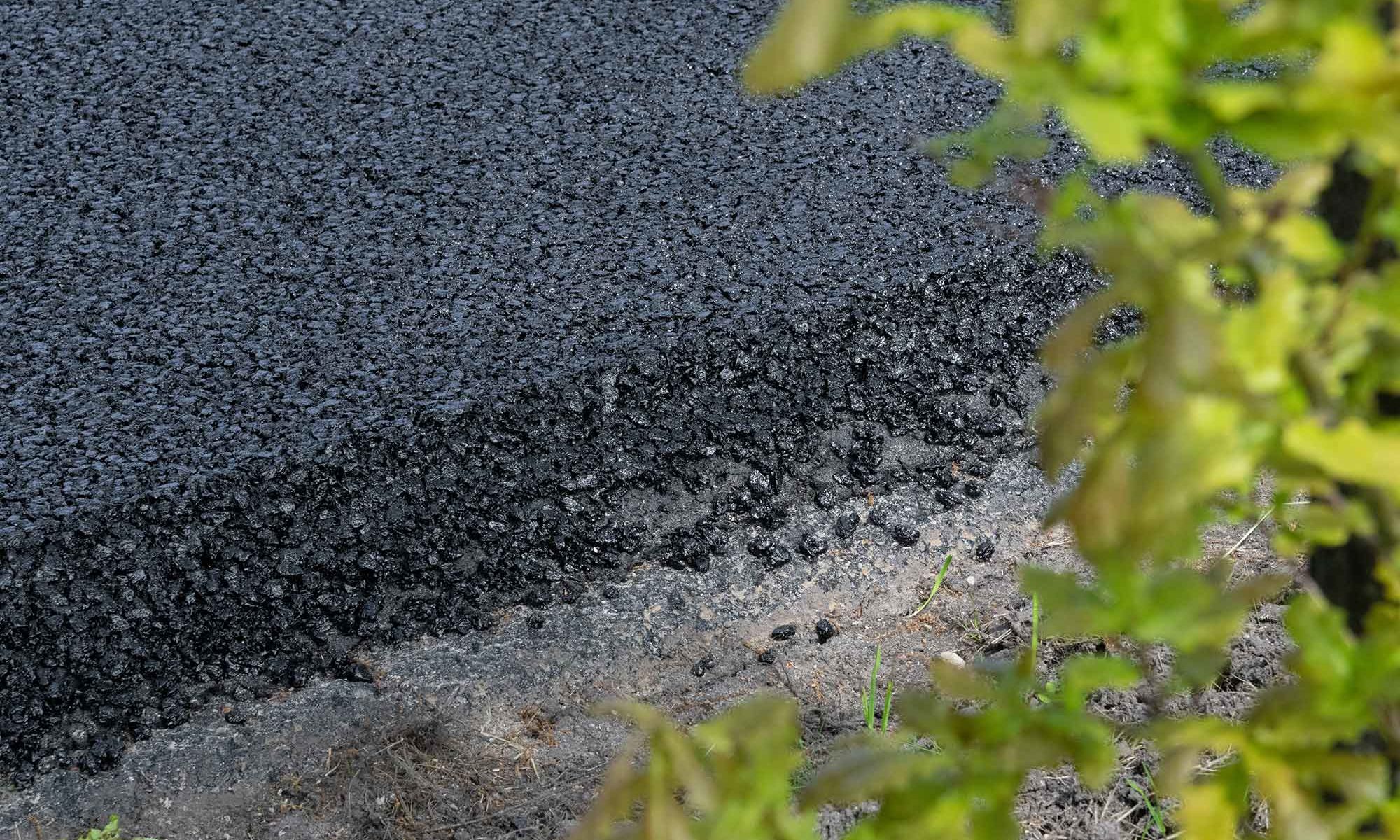The Netherlands Environmental Assessment Agency (PBL) and TNO investigated in the Manufacturing Industry Decarbonisation Data Exchange Network (MIDDEN) project how to decarbonise the asphalt industry.
In the Netherlands, over 7 million tonnes of asphalt were produced in 34 plants in 2020, the researchers note. Per tonne, on average, around 0.3 GJ of energy is needed (mainly from natural gas) and 99 kilotonnes (kt) of CO2 is emitted. Addressing energy use is therefore one of the main options for decarbonisation. This can be done, for example, by replacing fuel with hydrogen and/or electrification of heat systems.
Alternative raw materials
The researchers also looked at alternative raw materials and recycling/reuse. The latter options are already common in the asphalt sector. Replacing fossil bitumen with biobased alternatives such as lignin is currently still the subject of ongoing research, including in the CHAPLIN consortium in The Netherlands. Road demonstrations with positive results with asphalt produced with a mixture of 50% lignin and bitumen are running in several places in the Netherlands.
Benefits include that lignin instead of bitumen reduces dependence on fossil raw materials and lowers the sector’s indirect emissions. The researchers do note that a good business case requires a better understanding of capital expenses, while operational expenses are highly dependent on the price difference between lignin and bitumen.
Other biobased solutions could also play a role in replacing fossil feedstocks in the future, such as the production of bio-bitumen by refining of the organic fraction from municipal solid waste by pyrolysis, currently developed by Aston University in Birmingham, UK, and the production of bio-bitumen from animal manure by the Dutch consultancy and engineering firm Ingenia.
Read more in the full report, available on the PBL website.
Image: Ronny Benjamins Business Photography/Avantium



